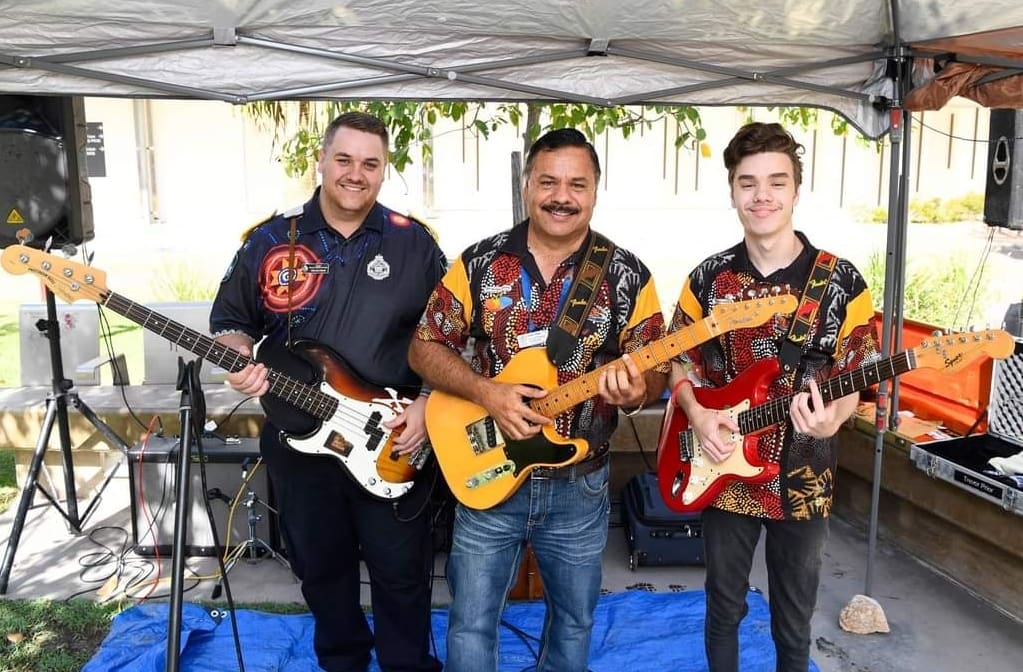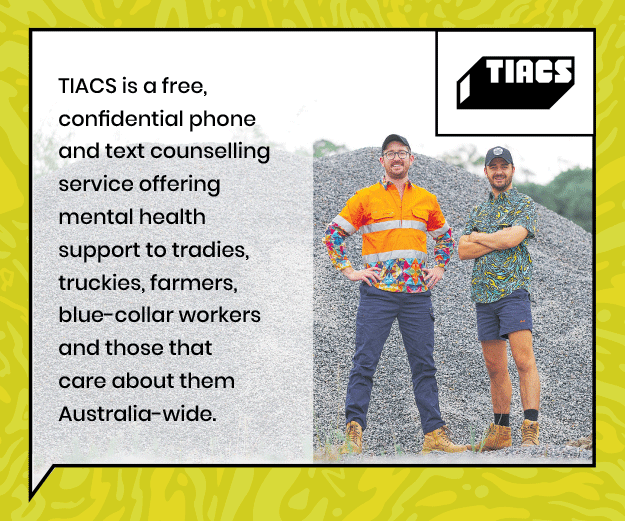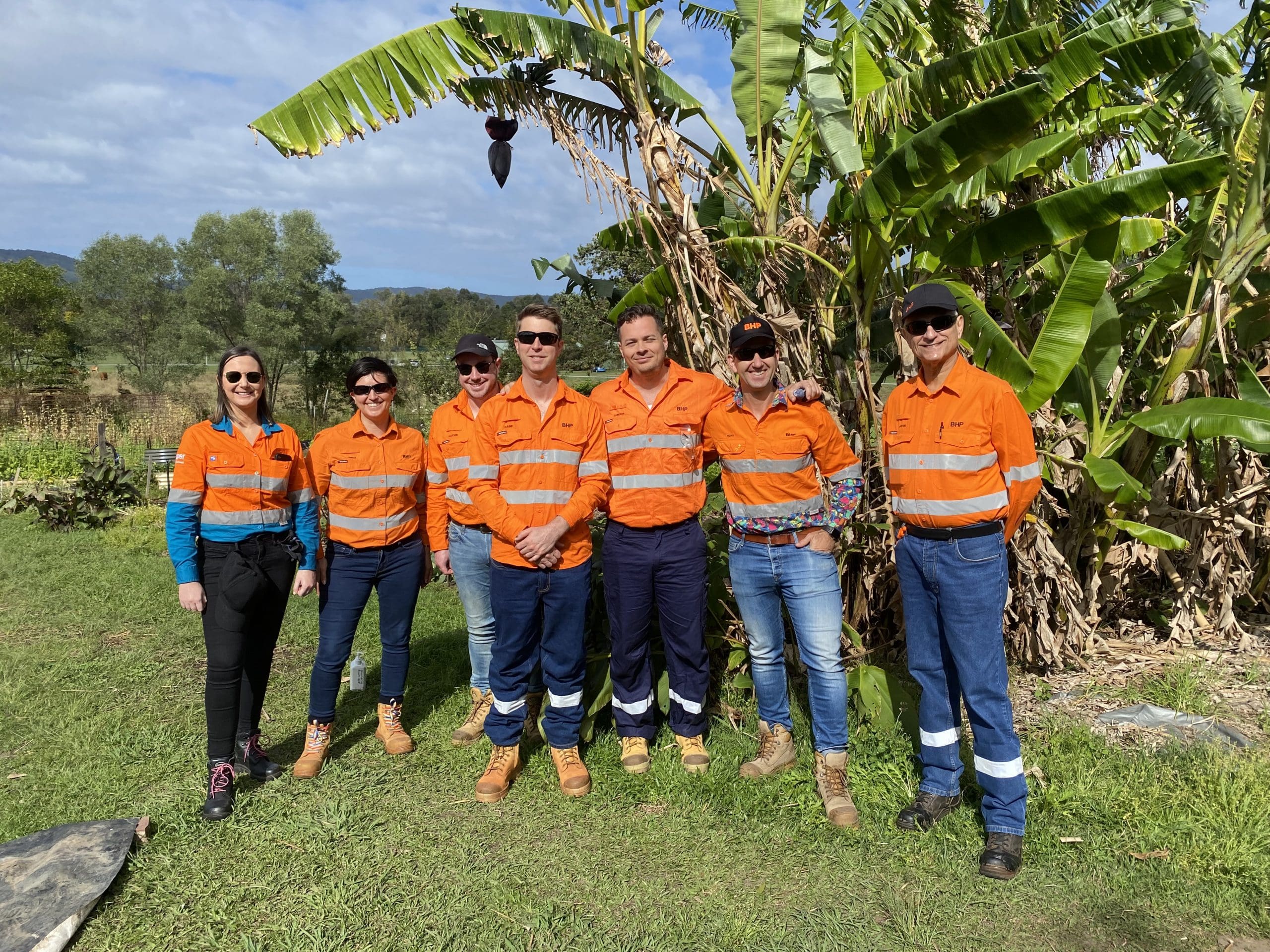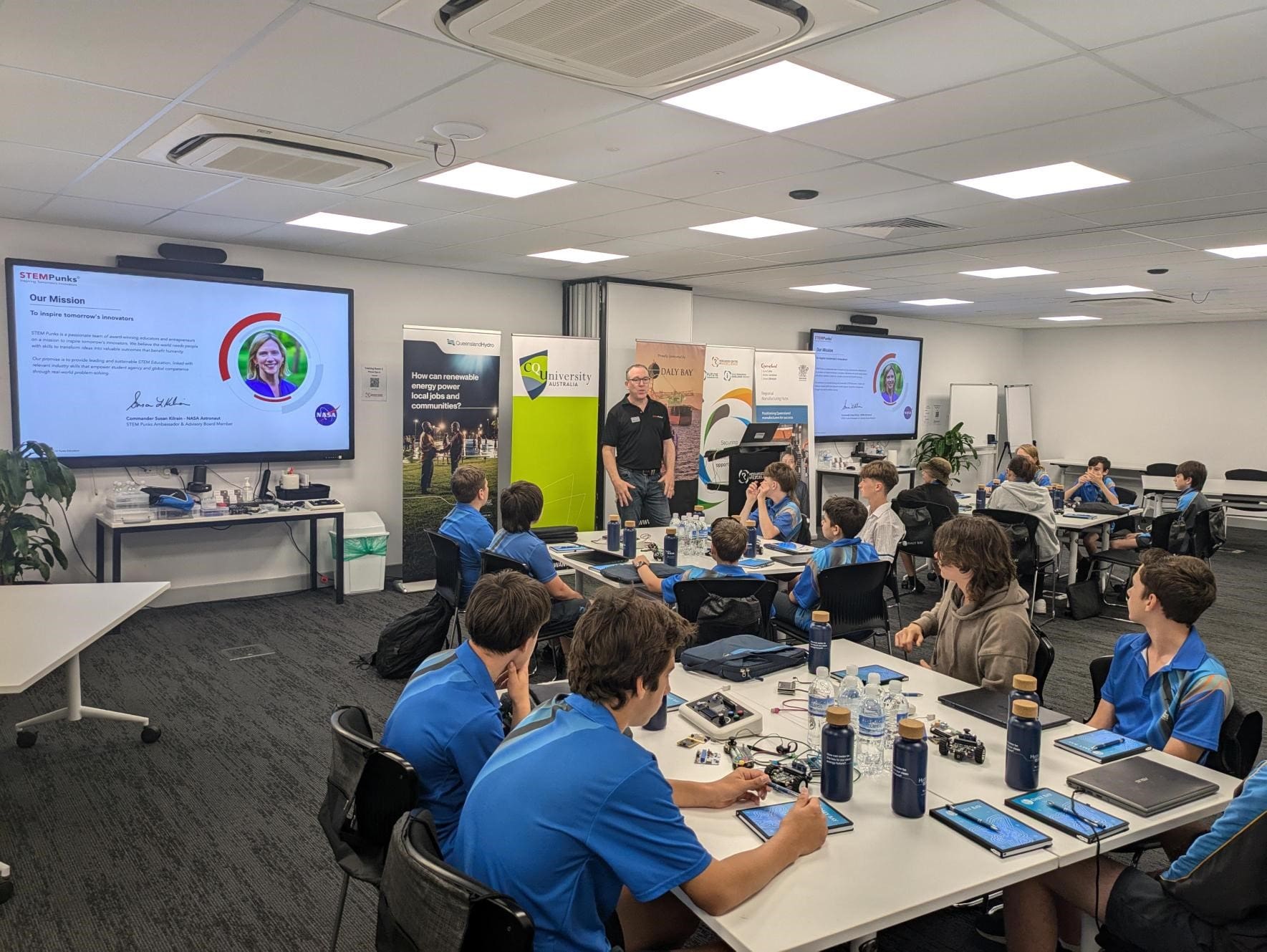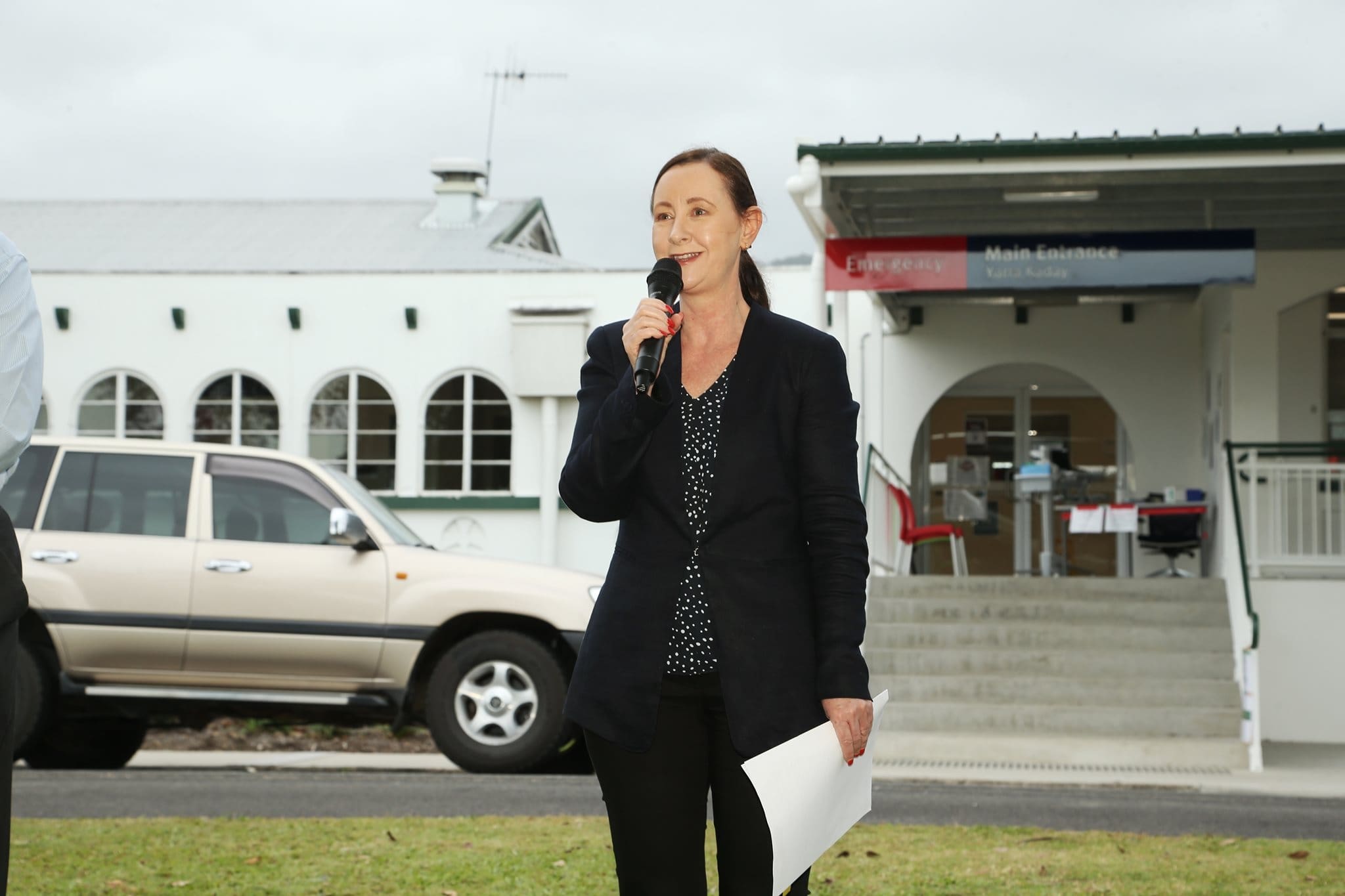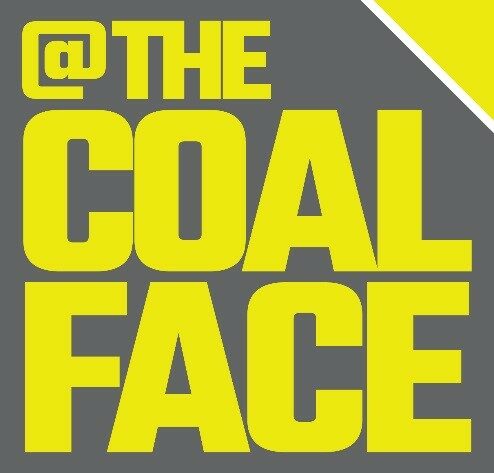Trevor Prior’s tireless efforts to bridge cultural divides, uplift youth, and infuse life with music and culture make him a person worth celebrating.
At the age of 17, Trevor’s early foray into community service saw him involved in youth work. Sponsored by the Rotary Club, Trevor took a two week trip to New Zealand to learn and meet other likeminded youth.
His commitment then took a spiritual turn as he became a youth pastor. But it wasn’t just about preaching; it was about celebrating life, playing music at major events, helping plan Naidoc celebrations, and uniting people.
“I’ve spent significant time working with youth in prisons, leading them to cultural camps in Juru country. Connecting these young ones to country,” he notes proudly.
In 1998, Trevor won the Australian Aboriginal and Torres Strait Islander Student of the Year for electrical engineering. This recognition further paved the way for him to engage with TAFE colleges and inspire other First Nations students.
Trevor’s personal experiences then led him to the Ronald McDonald House in Townsville.
“My son was born with cerebral palsy. When we were in Sydney for his treatments we stayed at the Ronald McDonald House. Overwhelmed by their support, when I moved back to Townsville I decided to give back. I’ve now been serving on their board for nine years.”
Trevor introduced cultural awareness training sessions within the charity after identifying that up to 40% of the guests using the house were First Nations people.
Now working with the Townsville Hospital and Health Service, Trevor conducts cultural awareness training. His work involves bridging gaps, promoting understanding, and ensuring that cultural practices are respected and integrated into health service delivery. Deeply connected to the Bowen area and its Juru people, Trevor understands the vastness of the Townsville Hospital Service, extending its reach to care for many.
One of Trevor’s notable projects is his recent song writing, backed by the resonant hum of a didgeridoo crafted by his father, a Juru elder. The song, promoting health equity, hopes to motivate Indigenous communities to seek timely medical care.
“Our Mob needs to step up. We’ve got to turn up for our appointments, especially specialist ones. The number of missed appointments is concerningly high.
“Many of our people, especially out west, hesitate to approach big hospitals, fearing them as places of death, not healing. They often wait too long, their health deteriorates, and by the time they reach Townsville Hospital, it’s too late.”
Queensland Health’s decision to write a health equity strategy is what inspired Trevor to pen the song. The strategy’s goal is to bridge the life expectancy gap within eight years. Trevor’s song, rooted in his experiences and hopes for his community, urges Aboriginal Torres Strait people to prioritise their health. Through his song, he wants to change the narrative.
“I hope the song motivates our communities to seek early medical intervention. I want to fuse the Western way and the traditional way, to heal together. The first four letters of ‘health’ spell ‘heal’, and I want our people to see hospitals as places of healing, not fear.”
To achieve this vision, Trevor is in the process of getting funding to make a music video for the song, aiming to play it in primary healthcare facilities in Indigenous communities and help alleviate the profound culture shock many Indigenous people experience when entering unfamiliar settings, like hospitals.
“When someone steps outside their own culture, it’s a big change. They’re hit with cultural shock. This can manifest in bursts of anger, silence, or other symptoms.
“If my song or its accompanying video can suppress that shock, even a bit, then it’s doing its job.”

